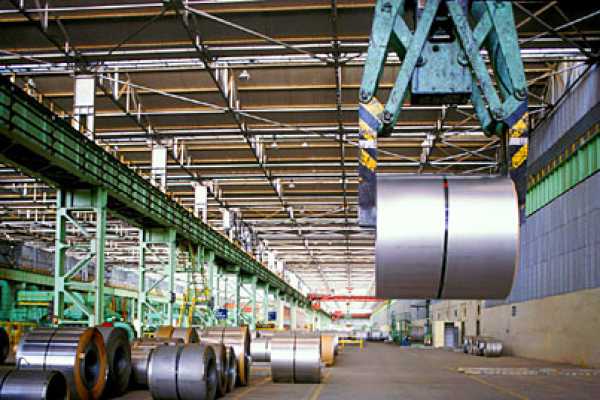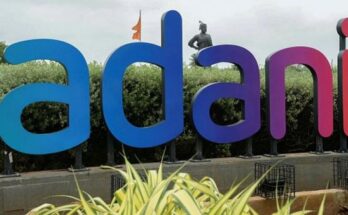
Team News Riveting
The government of India’s (GoI) budget focus on higher infrastructure and capex spending will boost steel demand, says India Ratings and Research (Ind-Ra).
The government has also reduced the import duty on steel scrap which shall directly support secondary steel producers and ease-off iron ore prices and availability.
This along with the temporary suspension of countervailing duties (CVD) and anti-dumping duties (ADD) would have a stabilising impact on the steel demand-supply balance and the sector margins in the near term; however, any extension of such measures could increase credit risks for the sector. China has rationalised its excess steel capacities since FY16; however, the country’s large scale of steel production along with subsidised exports could pose an import glut risk for India, resulting in margin pressures for domestic producers.
The GoI’s FY22 capex spending is budgeted to grow at 26.2% yoy (FY21RE: 30.8% yoy). The budgeted capex for metal-intensive infrastructure sectors such as housing and urban affairs, railway, telecommunication and road transport has been increased to INR2.7 trillion for FY22 (FY21RE: INR2.2 trillion, FY20: INR1.6 trillion).

The GoI’s budget measures on customs duty exemption for steel scrap, including stainless steel scrap should significantly help steel producers in securing alternate raw materials and support cost of steel producers in the near term, amid the ongoing iron ore domestic supply-side constraints. Particularly, it shall support secondary steel producers where production recovery has been slow during FY21 due to the low availability and high prices of iron ore as well as scrap.
The reduction in import duties to 7.5% (from earlier 10%-12.5%) on all semi and finished alloy and non-alloy steel products should have a stabilising impact on domestic supplies and steel prices in the near term. The secondary producers’ margins would largely be protected as the government has also exempted them from 2.5% custom duty on steel scrap. In the current scenario, domestic steel prices are at peak levels but still below the landed import prices and hence the reduced import duty should not put any significant price pressure.
Ind-Ra expects the temporary revocation of ADD and CVD up to September 2021 on certain steel products could moderately increase the imports into India, normalising the prices and margins of domestic steel producers. Industry’s gross spreads in most of the steel products have been strong over 3QFY21 and hence have the headroom to absorb price corrections in the near term.
However, any significant price fall in the large and oversupplied China steel market could pose material price risks for the Indian steel producers. Also, any further extension of the temporary revocation in steel products would be negative for the credit profile of the steel producers and rollers.
The introduction of provisional CVD on stainless steel in October 2020 has been positive for the stainless steel sector’s profitability margins in 2HFY21 and its revocation could normalise margins back to the levels seen over FY19-FY20.



